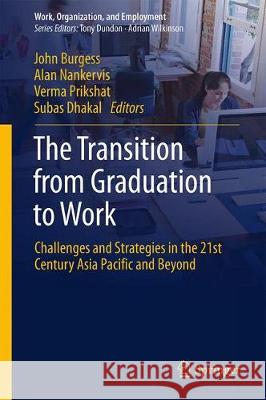The Transition from Graduation to Work: Challenges and Strategies in the Twenty-First Century Asia Pacific and Beyond » książka
topmenu
The Transition from Graduation to Work: Challenges and Strategies in the Twenty-First Century Asia Pacific and Beyond
ISBN-13: 9789811309731 / Angielski / Twarda / 2018 / 263 str.
The Transition from Graduation to Work: Challenges and Strategies in the Twenty-First Century Asia Pacific and Beyond
ISBN-13: 9789811309731 / Angielski / Twarda / 2018 / 263 str.
cena 603,81
(netto: 575,06 VAT: 5%)
Najniższa cena z 30 dni: 578,30
(netto: 575,06 VAT: 5%)
Najniższa cena z 30 dni: 578,30
Termin realizacji zamówienia:
ok. 22 dni roboczych.
ok. 22 dni roboczych.
Darmowa dostawa!
Kategorie:
Kategorie BISAC:
Wydawca:
Springer
Seria wydawnicza:
Język:
Angielski
ISBN-13:
9789811309731
Rok wydania:
2018
Wydanie:
2019
Ilość stron:
263
Waga:
0.69 kg
Wymiary:
23.5 x 15.5
Oprawa:
Twarda
Wolumenów:
01











